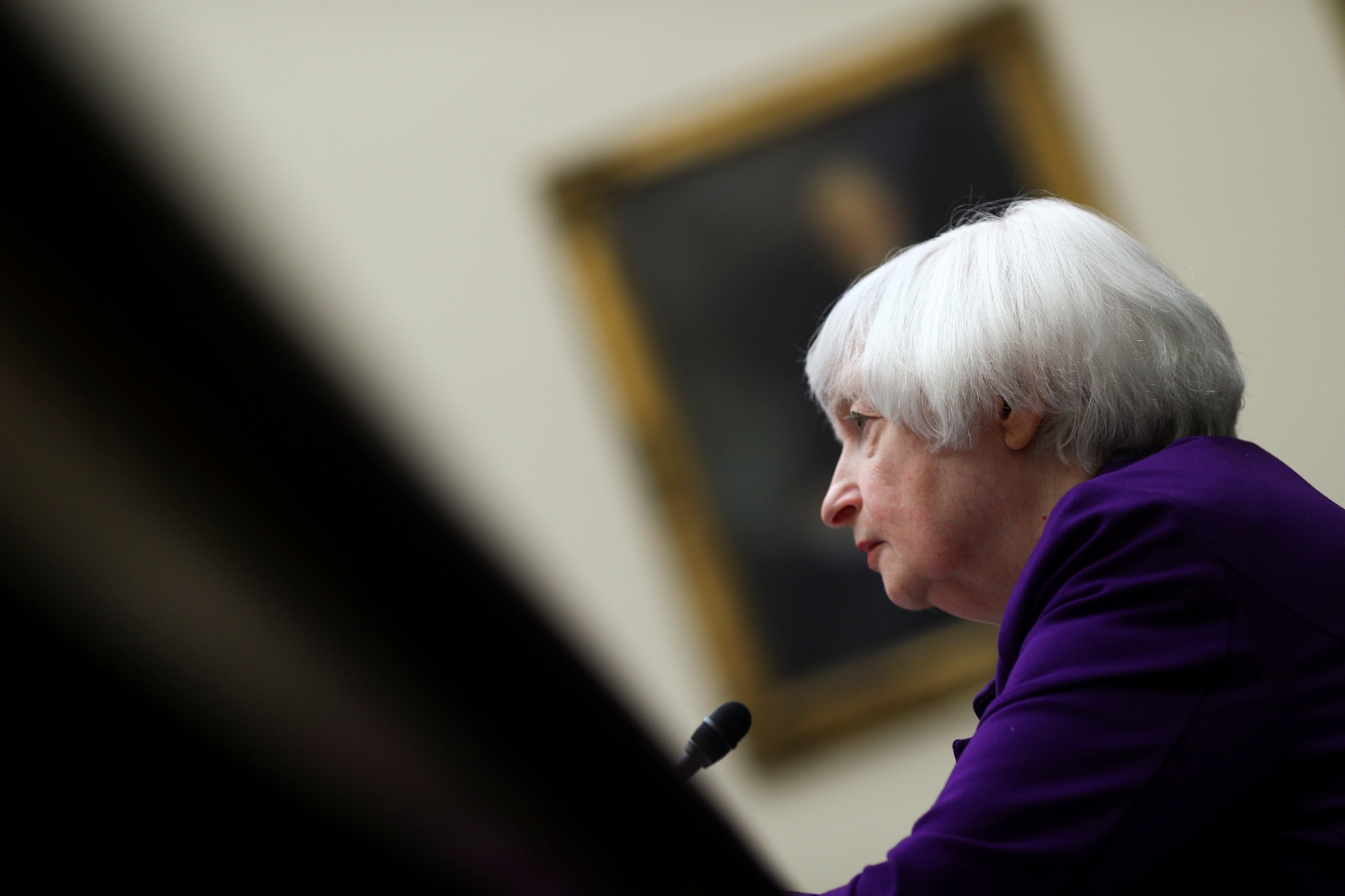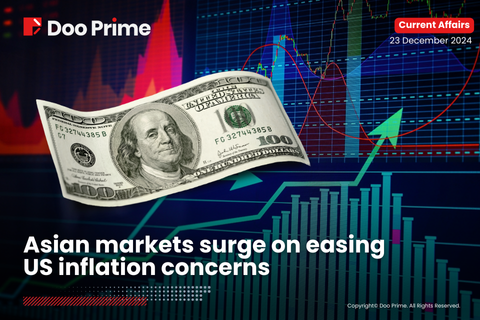Today’s News

Image Source: Reuters
The latest report from the chief U.S. financial stability regulator, the Financial Stability Oversight Council (FSOC), has sounded an alarm about the escalating risk posed by the increasing use of artificial intelligence (AI) in financial markets. It marks the first time AI has been designated a “vulnerability” in the council’s annual report.
Treasury secretary Janet Yellen, who chairs the FSOC, highlighted the anticipated surge in AI utilization by banks, investors, and other market participants, branding AI an “emerging threat” to financial stability. Despite acknowledging AI’s potential benefits like heightened efficiency, Yellen emphasized the necessity of applying existing regulatory principles and rules for risk management to mitigate its potential market risks.
She said, “Supporting responsible innovation in this area can allow the financial system to reap benefits like increased efficiency, but there are also existing principles and rules for risk management that should be applied.”
The FSOC, comprising heads of major U.S. regulators, has listed AI among 14 potential risks to financial markets in its annual report, vowing to closely monitor these risks in the coming year. A Treasury official emphasized the uptick in AI use in financial services, attributing it to advancements in algorithms, increased data volumes, enhanced data storage and processing capabilities, and cost reductions. While acknowledging AI’s potential to drive efficiency and innovation, the official also underscored the risks associated with its adoption.
In addition to AI, the FSOC remains vigilant about the impacts of climate change, an issue it added to its watchlist two years ago. Yellen mentioned progress made by the FSOC and regulators in addressing climate-related financial risks but stressed the need for further work to formulate an effective regulatory framework to safeguard markets from these risks.
“This work is an important step towards fully and durably integrating climate risk into macroprudential policy, to preserve U.S. financial stability and protect the U.S. economy,” she said.
The FSOC’s concerns echo those of Gary Gensler, chair of the Securities and Exchange Commission (SEC) and an FSOC member, who previously warned about the potential for AI to trigger a financial crisis without prompt regulatory intervention.
While the Bank of England is examining AI’s impact on financial stability, it has not yet included the technology in its own list of market risks.
Overall, the FSOC’s report underscores the mounting apprehension surrounding the unchecked proliferation of AI in financial markets and the pressing need for regulatory measures to mitigate the associated risks.
Other News
FDIC, Blackstone, Canada Pension Plan Enter USD 1.2B Joint Venture
FDIC, Blackstone, and Canada Pension join forces in a USD 1.2 billion venture. FDIC retains 80% ownership in SIG CRE 2023 Venture, managing a USD 16.8 billion mortgage loan portfolio from defunct Signature Bank.
Citigroup’s Banamex to Separate by Late 2024
Citigroup’s Banamex is set to split from the parent company by late 2024, with plans for a potential 2025 public debut. Manuel Romo hinted at Banamex’s potential listing on Mexican or international stock exchanges.
Woodford Investors Approve FCA-Backed Scheme
Investors in Neil Woodford’s fund voted 94% in favor of an FCA-backed refund plan, seeking to return GBP 230 million (USD 294M) from the collapsed 2019 Woodford Equity Income Fund.



